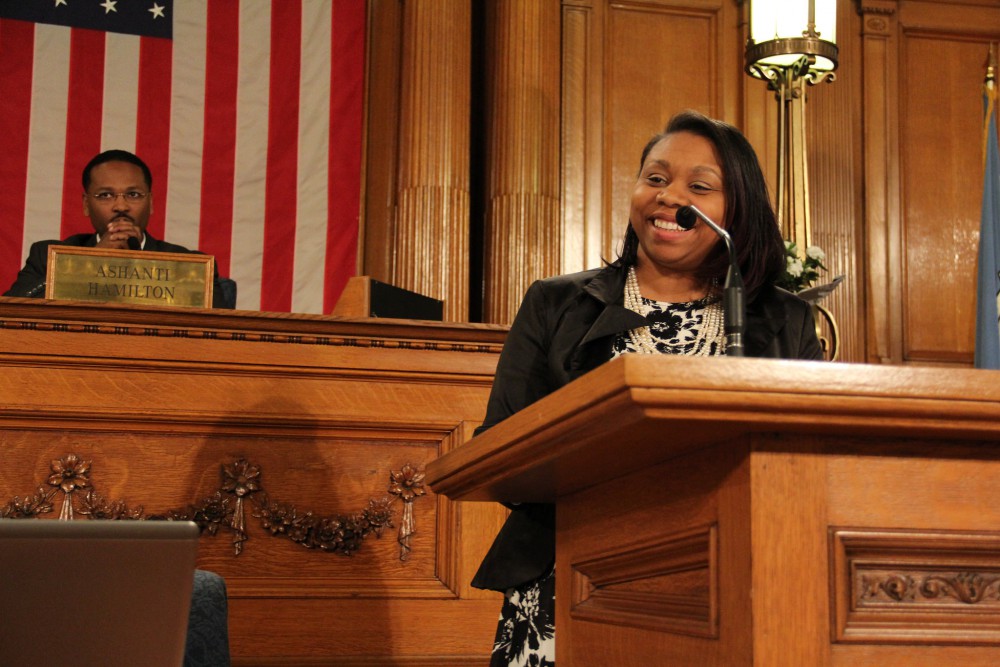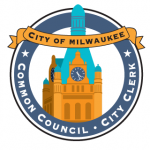Council approves creating unarmed first responder program
The Common Council yesterday (Tuesday, October 13th) voted unanimously to adopt legislation to establish an unarmed first responder program to address calls for service that do not involve a threat to public safety – and specifically those involving persons experiencing mental health, substance abuse or homelessness crises — with well trained, unarmed professionals.
The legislation — Council file #200632 – aims to address the concerns of the traditional models for responding to 9-1-1 police calls for service, which typically dispatch armed law enforcement personnel to most incidents, including those that involve persons who are not presenting a threat to public safety, but who may be experiencing serious mental health, substance abuse or homelessness issues.
“We recognize that law enforcement personnel may not have the depth of crisis response training and access to social service resources to respond effectively to such situations, and that the addition of armed law enforcement personnel to a non-violent, non-criminal incident too often unnecessarily escalates a situation that can lead to incarceration or other criminal sanctions from an incident that did not initially present a threat to public safety,” said Alderwoman Lewis, vice chair of the Public Safety and Health Committee.
The program was first discussed among Council members this summer and the file was introduced in late September, with the Public Safety and Health Committee recommending approval on October 1.
Several cities have publicly discussed establishing alternative first-response options, primarily in relation to efforts to reduce police budgets. According to officials in Eugene, Oregon, leadership from nearly 20 cities — including Austin, Chicago, Oakland, Denver, New York City and Portland — have recently reached out to learn more about Eugene’s unique mobile CAHOOTS partnership (Crisis Assistance Helping Out On The Streets) in place since 1989. CAHOOTS partners a local social work and outreach clinic and the Eugene Police Department, and CAHOOTS teams provide support for Eugene police personnel by taking on many of the social service-type calls for service and providing crisis counseling.
Alderwoman Lewis said CAHOOTS personnel often provide initial contact and transport for people who are intoxicated, mentally ill, or disoriented, as well as transport for non-emergency medical care.
“What we’ve been doing clearly isn’t working and has bogged down police officers on calls involving people in crises, and we need a different approach to responding to situations where individuals are clearly in desperate need of help that shouldn’t involve law enforcement,” she said.
The next step for the program is to develop an interim master plan that sets forth the city’s policies and goals for the program, as a prelude to a final master plan to be developed at a later date. The interim master plan will address options for operating alongside, in partnership with, or merging with, other local emergency response programs, including the City-County Trauma Response Initiative, the Milwaukee Opioid Response Initiative, and the Community Paramedic Integrated Mobile Healthcare Program, and will be developed with assistance from a city, county and/or private partnership with consideration of best practices developed by unarmed first responder programs in other cities.
NOTE: This press release was submitted to Urban Milwaukee and was not written by an Urban Milwaukee writer. While it is believed to be reliable, Urban Milwaukee does not guarantee its accuracy or completeness.
Mentioned in This Press Release
Recent Press Releases by Ald. Chantia Lewis
A surplus of gun violence, but not enough help
Jun 28th, 2022 by Ald. Chantia LewisStatement of Alderwoman Chantia Lewis June 28, 2022






















